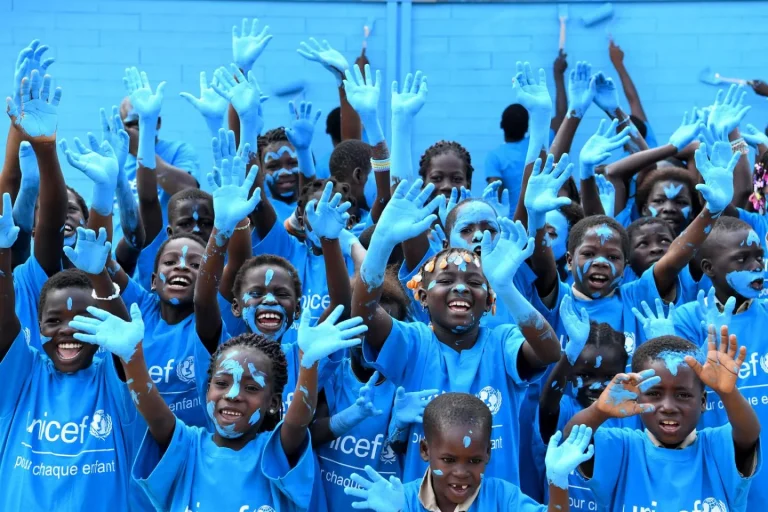Last week, the federal government released the “State of Nigeria’s Children: Summary of the 2024 Situational Analysis of Children and Adolescents in Nigeria,” a report which presented the stark picture of the challenges faced by children and adolescents in the country.
The report compiled by the Federal Government of Nigeria with support from the United Nations Children’s Fund Nigeria (UNICEF), exposed critical issues affecting the duo, ranging from health and nutrition, in addition to the impact of climate change on young people, who constitute half of Nigeria’s entire population.
Vaccination gap
Nigeria currently leads as the country with the highest number of “zero-dose” children – this means children who lack access to routine vaccination exercises or are never reached by them.
The report revealed that 2.1 million children fall under this category, with about 31 percent of them being one-year olds.
This gap leaves millions vulnerable to preventable diseases, particularly those born into poorer households where mortality rates are highest.
Giving particular emphasis on malaria, a disease which remains a leading killer of children, the report said that those born to uneducated mothers are twice as likely to contract the disease due to limited awareness of prevention and treatment options.
Malnutrition: A persistent challenge for Nigerian children
The report revealed that that 40 percent of children under five years of age are stunted and 8 percent are wasted due to malnutrition.
Underlying causes include household poverty, unavailability of food, poor feeding practices and the absence of a diverse and nutritious diet.
Alarmingly, 79% of the households captured in the survey rely on contaminated water sources, further exacerbating malnutrition and disease.
Schools and healthcare facilities are also affected by the limited access to clean water and sanitation.
This further increases the vulnerability of girls and children with disabilities.
Grim child survival rates, a public health emergency
High rates of deaths among newborns and their mothers, points to an urgent need to a public health crisis in Nigeria.
Additionally, open defecation remains prevalent in Nigeria, with one in every five Nigerian households practising the act, considered a major contributor to diarrhoea diseases and maternal mortality.
The impact of climate change
The report also sheds light on how climate change disproportionately affects Nigerian children.
With droughts, floods, and extreme heat on the rise, children are increasingly vulnerable to diseases like pneumonia and diarrhea.
Already, 78 per cent of total air-pollution-related pneumonia deaths in 2019 occurred among children under five years of age – the highest proportion globally.
Despite these challenges, the country ranks 179th globally in its readiness to respond to climate emergencies, signaling the need for stronger policies and measurable targets to protect children.
Way out for Nigerian children
The report emphasizes the need for multisectoral collaboration, explicit budget planning, and measurable targets to protect Nigeria’s children.
It also calls for empowering healthcare workers, training teachers in inclusive education, and ensuring access to assistive technologies for children with disabilities.
A nationwide sanitation campaign and expanded WASH (Water, Sanitation, and Hygiene) facilities are seen as critical steps in reducing preventable child deaths and illnesses.
In addressing impacts of climate change, the report stressed that policies must focus on addressing impacts in children and encourages participation by young people.
It encouraged the integration of climate change studies into curriculum, that will in turn equip children to take better care of their environment while also increasing adaptation measures in cases where they experience such.
Furthermore, it added that Nigeria must also build its capacity to implant the National Strategy and Plan of Action for Nutrition in a bid to improve child health and nutrition.
With these measures, Nigeria can begin to address the systemic challenges outlined in the report and secure a brighter future for its children. As the report warns, the time to act is now.


